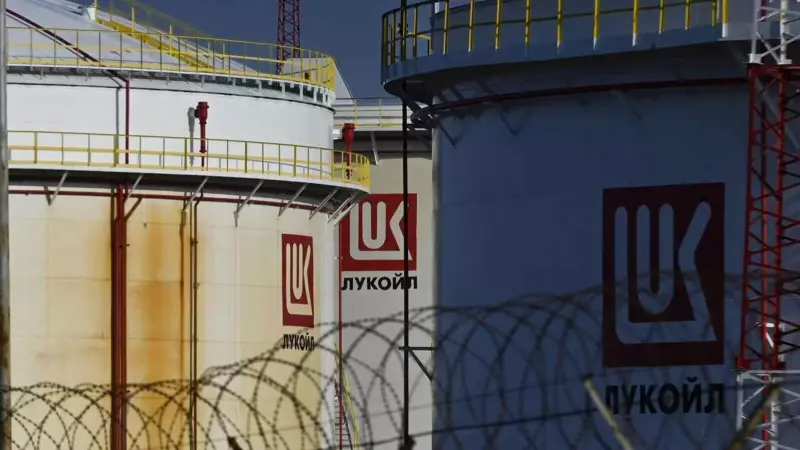
The financial markets appear to be sleeping through a seismic shift in global energy policy. While previous sanctions against Russian oil generated mostly yawns from traders, the latest measures from the G7 nations represent a fundamentally different—and far more serious—threat to established trade flows.
Why These Sanctions Are Different
The core of the new enforcement strategy revolves around attacking the very infrastructure that keeps Russian crude moving across oceans. Unlike previous measures that focused on direct purchases, these sanctions target the critical support systems that oil tankers depend on:
- The Insurance Weapon: Maritime insurance, dominated by European providers, has become the primary enforcement tool. Without this coverage, tankers carrying Russian oil above the price cap face enormous financial risks.
- Secondary Market Pressure: The measures extend to companies providing services to tankers that violate the cap, creating a ripple effect throughout the shipping ecosystem.
- Documentation Requirements: Increased scrutiny of shipping documents aims to prevent the widespread fraud that has undermined previous sanction efforts.
The Ghost Fleet's Limitations
While Russia has developed a "shadow fleet" of older tankers to circumvent restrictions, this system has critical vulnerabilities. These vessels typically lack modern safety and environmental protections, making them increasingly risky for ports and insurers. More importantly, the shadow fleet simply doesn't have the capacity to handle Russia's entire export volume, particularly for longer-distance routes to growing markets like India and China.
Market Complacency Could Be Costly
The relative stability in oil prices has lulled traders into a false sense of security. However, this calm overlooks the structural damage being done to Russia's energy export machine. As enforcement tightens and compliance costs rise, the world could suddenly face reduced Russian supplies precisely when global demand remains robust.
The bottom line: These aren't the sanctions of 2022. The G7 has learned from past mistakes and is now targeting the Achilles' heel of Russian oil exports—the maritime services that make large-scale shipping possible. Markets that ignore this escalation do so at their own peril.





